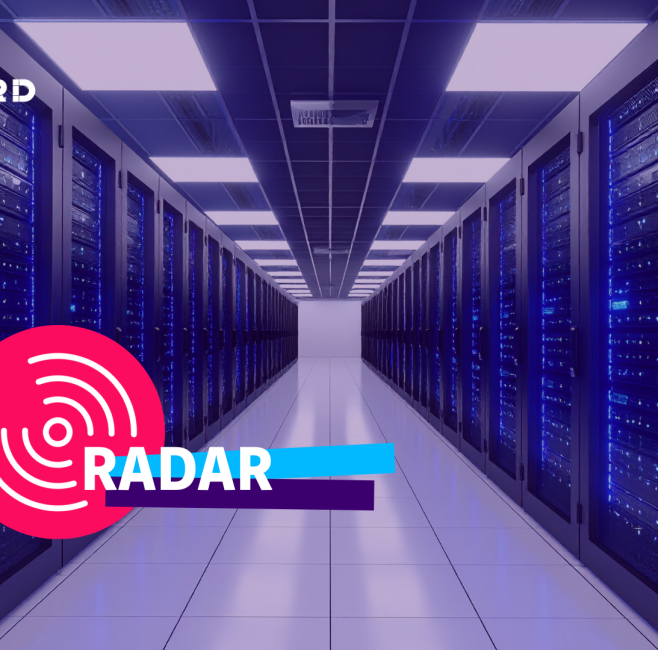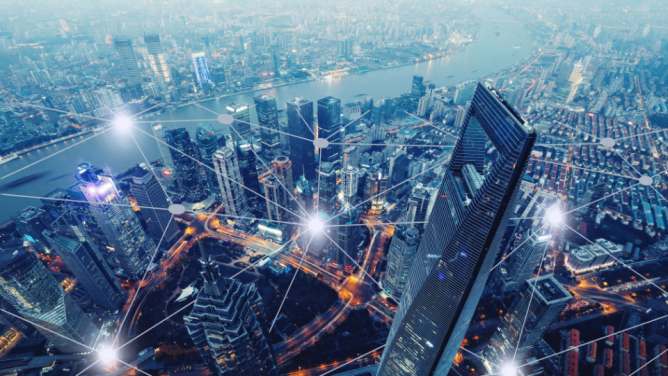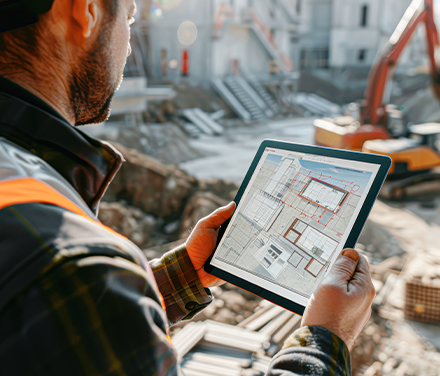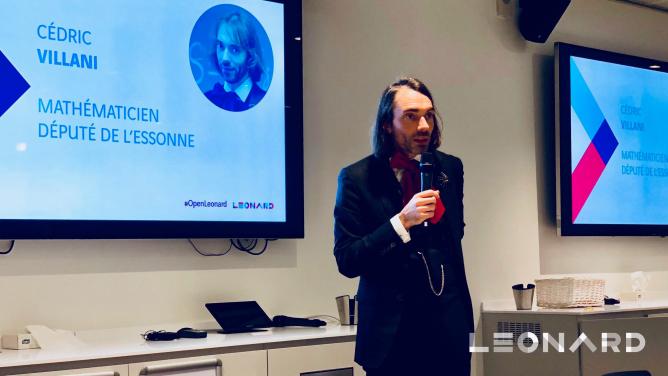Physical AI: a vision of the future of mobility and the city
Roaming the stands of Gitex 2025, a “physical” vision of AI and its applications was very much embodied by K2, a company financed and controlled by the UAE. K2 showcased a complete ecosystem of intelligent automation, including self-driving taxis and delivery vehicles developed by its subsidiary AutoGo. The company announced that these systems advanced from conceptual designs to full road-tested operational status within just six months.
“Physical AI and AIoT [“Artificial Intelligence Of Things”] are becoming the invisible infrastructure of modern society, reshaping mobility, security, agriculture, energy, and healthcare. At K2, we see AI not as a back-office tool, but as the nervous system of a smarter world,” explains Waleed Alblooshi, director of cooperate communications at K2. He goes on to add, “From autonomous vehicles that navigate without human input to humanoid robots that adapt to real-world environments, we’re witnessing a shift from passive automation to responsive intelligence embedded in the physical world.”
However, Gulf countries aren’t the only ones getting in on the evolution towards an increasingly physical AI. This year, a German Pavilion brought together around twenty German companies positioned on IoT, sensors, cybersecurity and automation for industry, while major giants such as Siemens, Bosch, Schneider Electric and Ericsson also presented innovations in this area.
The energy issue: Abu Dhabi presents AD.WE platform
When deploying physical AI at scale, whether across cities or various industries, the issue of energy is particularly crucial for two reasons: it involves both optimizing resource consumption through AI and adopting AI solutions that are as energy-efficient and sustainable as possible.
At the trade event, the Abu Dhabi Department of Energy presented an AI-based energy optimization platform that operates entirely on carbon-free electricity. The AD.WE platform centralizes billions of data from Abu Dhabi’s energy and water grids in a secure, locally hosted cloud. Thanks to AI, the goal is to quickly identify optimization opportunities, with potential savings of up to 30% in water consumption and 20% in energy use.
French startup Vsora was also present at the event, promoting a more efficient vision of AI. Less than six months after raising €40 million, the startup unveiled an inference chip for data centers, with 50% less power consumption than the current market leaders.
The infrastructure race: Stargate UAE cluster leading the way
The need for data centers and their supporting infrastructure is another issue that underscores just how physical AI is. Major cloud providers like Google, AWS and Microsoft were particularly visible at the event, as were hardware solution providers such as Cerebras, Supermicro, IBM and Vertiv, showcasing their Cloud & AI as-a-Service models.
A major infrastructure project is being led in the region by G42, an Emirati company which is positioned across chips, data centers, AI models and related services. At Gitex, G42 provided an update on its Stargate UAE project, the construction of a 1GW large-scale AI infrastructure cluster within the 5GW UAE-US campus in Abu Dhabi, with an estimated capex of USD 250 billion.
Developed to support the UAE’s strategy of expanding national-scale AI infrastructure and access, the facility will serve as a cornerstone of the country’s AI ecosystem. Its delivery is scheduled for 2026.
However, the UAE has an eye to building its tech influence on foreign soils, as it is now exporting its model to build world-scale data centers with integrated AI, following strategies pursued by the US and China. In line with this global expansion strategy, the sovereign wealth fund MGX, in partnership with BlackRock, Microsoft and NVIDIA, recently announced the acquisition of Aligned Data Centers for approximately USD 40 billion, thus consolidating the UAE’s position as a key player in the global AI and cloud economy.
Furthermore at the trade show, G42 announced plans to launch its sovereign AI cloud in France in the coming months under the AI Factories Antennas initiative, which aims to develop AI supercomputers in across several European countries.



